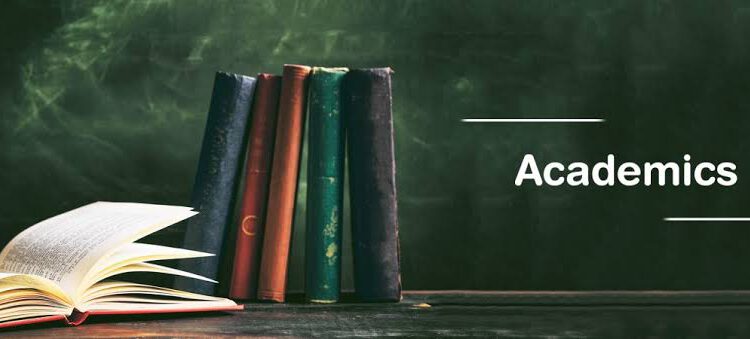•By Adebola Karamah Shogbuyi
Throughout history, educators have played a vital role in shaping future generations. They were great and have birthed great generations. Their dedication and ethical conduct have fostered a culture of learning and achievement. While such teachers still exist, it is highly concerning that many more teachers have been submerged in the unethical behaviour of examination malpractice.
Examination malpractice is one of the most egregious offences. It is disheartening to witness educators entrusted with guiding students towards independence and excellence, engaging in such practices.
Educators have onerous days teaching students to be independent and great. They have sleepless nights juggling the home front with planning lessons. It is baffling and ironic to have them lead the students in this debasing act. With this, the tireless efforts of serious minded students who deliberately prepare are undermined, potentially impacting their future opportunities.This behaviour sends a contradictory message to them, implying that hard work is secondary, potentially leading students to adopt a cynical ‘ if you can’t beat them, join them’ mentality.
You teach, yet cheat.
Cheating teacher!
It is heartbreaking that our future leaders are being infected by their supposed doctors.What a shame!
The responsibility does not solely lie with educators. Parents and guardians who aid and abet cheating, through bribery or impersonation, contribute to this epidemic. Such actions disrespect the system and devalue the genuine efforts of students. This undermines the very foundation of a meritocratic education system.
The issue extends beyond individual cases. It permeates the education system, from primary schools to universities. Teachers who dictate answers and lecturers susceptible to bribery perpetuate a culture of dishonesty. Religious institutions, often seen as bastions of morality are not immune to this problem. This widespread malpractice undermines public trust in the education system and hinders the development of ethical leaders. The more reasons why results that are paraded by some schools remain questionable.
Historically, educators’ children have often excelled, perhaps inspired by their parents’ dedication. In the Yoruba parlance, ‘ Atigba talaye ti daye ko si omo tisa to se orubiruku’. Is this still so? Has this tradition eroded? This is a question educators must grapple with in good conscience.
Teaching is a noble profession with a profound impact on society. Those who are unwilling or unable to uphold ethical standards have no place in this profession. This is a call to action for all educators, present and future, to uphold the highest standards of integrity and foster a culture of academic honesty.
If, with this, academic integrity still remains a facade to you, you have no business in the education business.
©Adebola Karamah Shogbuyi





















